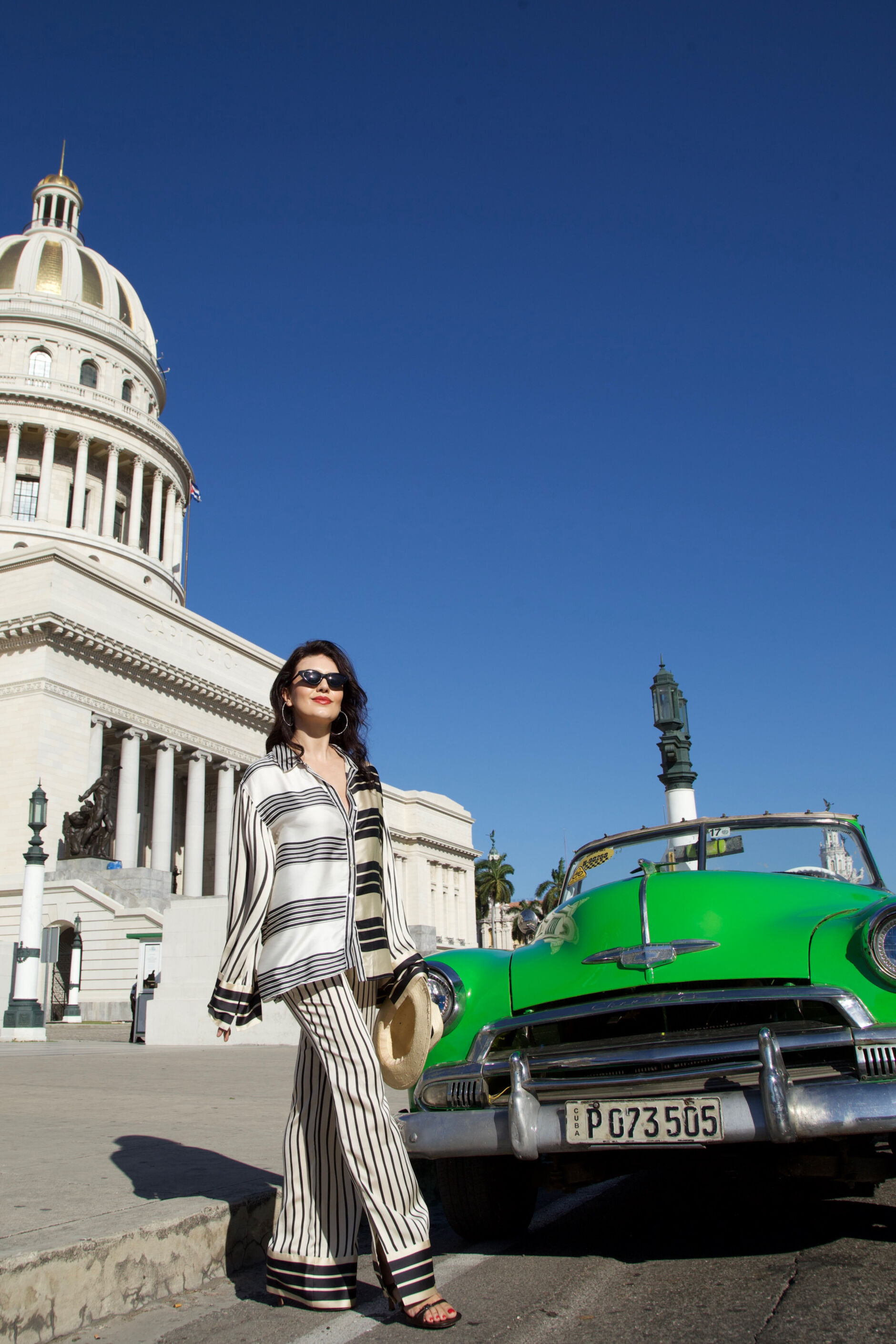
Cuba is a beautiful country with rich culture and history, making it a popular destination for tourists. However, traveling to Cuba can be a bit different than other countries, especially for those who are not familiar with the local customs and regulations. Here are the most important travel tips to keep in mind for traveling to Cuba in 2023.

- Understand the Visa Requirements
Before planning your trip to Cuba, it’s important to understand the visa requirements. If you’re a US citizen, you can’t just hop on a plane and fly to Cuba. You’ll need to apply for a visa or travel under one of the 12 categories of authorized travel. For other countries, check with your local embassy or consulate for visa requirements, or apply here 2 weeks prior your visit to Cuba. Also, you need to complete the D’Viajeros Form 48 hours prior to entry to Cuba. The QR-Code needs to be shown upon entry. Keep in mind: Passport needs to be valid for at least 6 months.


- Currency
Cuba used to have two currencies: the Cuban Convertible Peso (CUC) and the Cuban Peso (CUP). More than 2 years have passed since Cuba got rid of its dual currency system. The country now has a single-currency economy. Cuba is edging towards a digital economy and your bank cards may come in handy, but there’s still a way to go before Cuba is truly digital.
That’s why as a tourist, you should bring cash in EUROS or even USD are welcome. Exchange a little cash to CUP, if you want to buy souvenirs or some shops may also accept only CUPs.
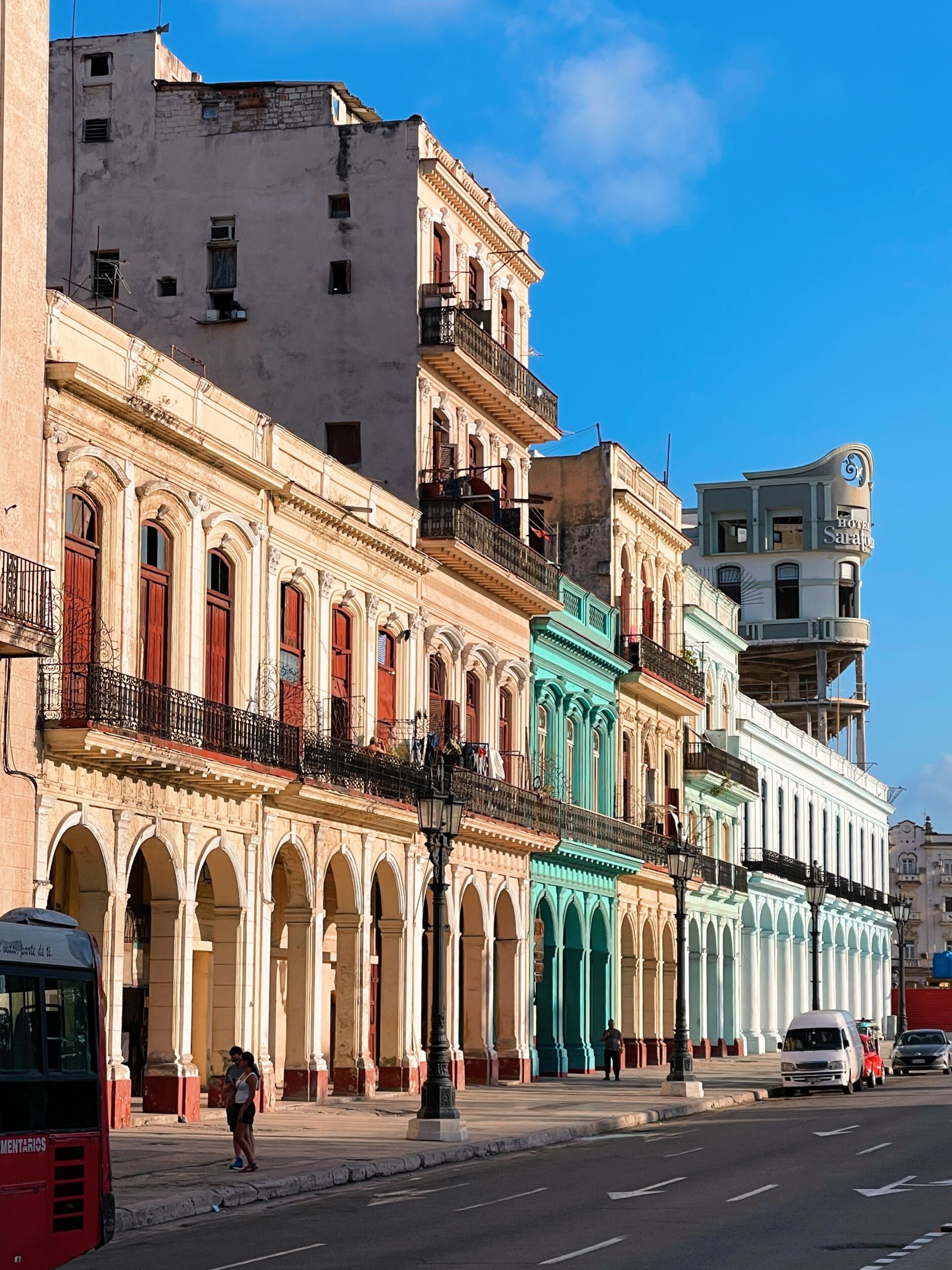
- Bring Cash
Cuba is still largely a cash-based economy, and credit cards from US banks are not widely accepted due to US sanctions. Make sure to bring enough cash to cover your expenses during your trip. Bring EUROS in cash and bring them in small, useful denominations ( €5,€10 and €20 notes are the best).
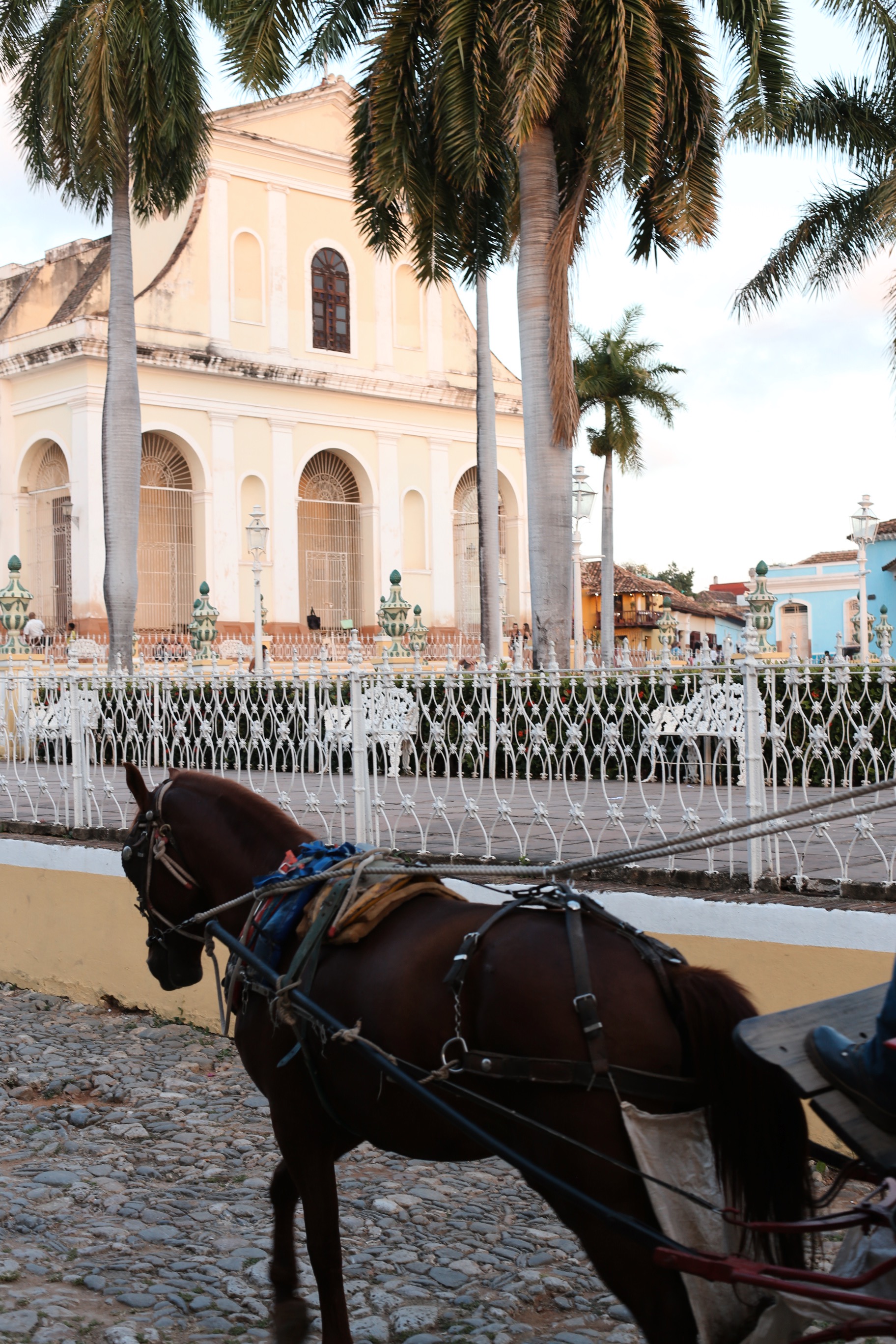
- Learn Some Spanish
While many Cubans in the tourism industry speak some English, it’s always helpful to learn some basic Spanish phrases. Not only will it make communication easier, but it’s also a sign of respect for the local culture.

- Stay in Casas Particulares
Casas Particulares are private homes that rent out rooms to tourists. Staying in a Casa Particular is a great way to experience Cuban culture, meet locals, and support the local economy. Plus, they’re often more affordable than hotels.
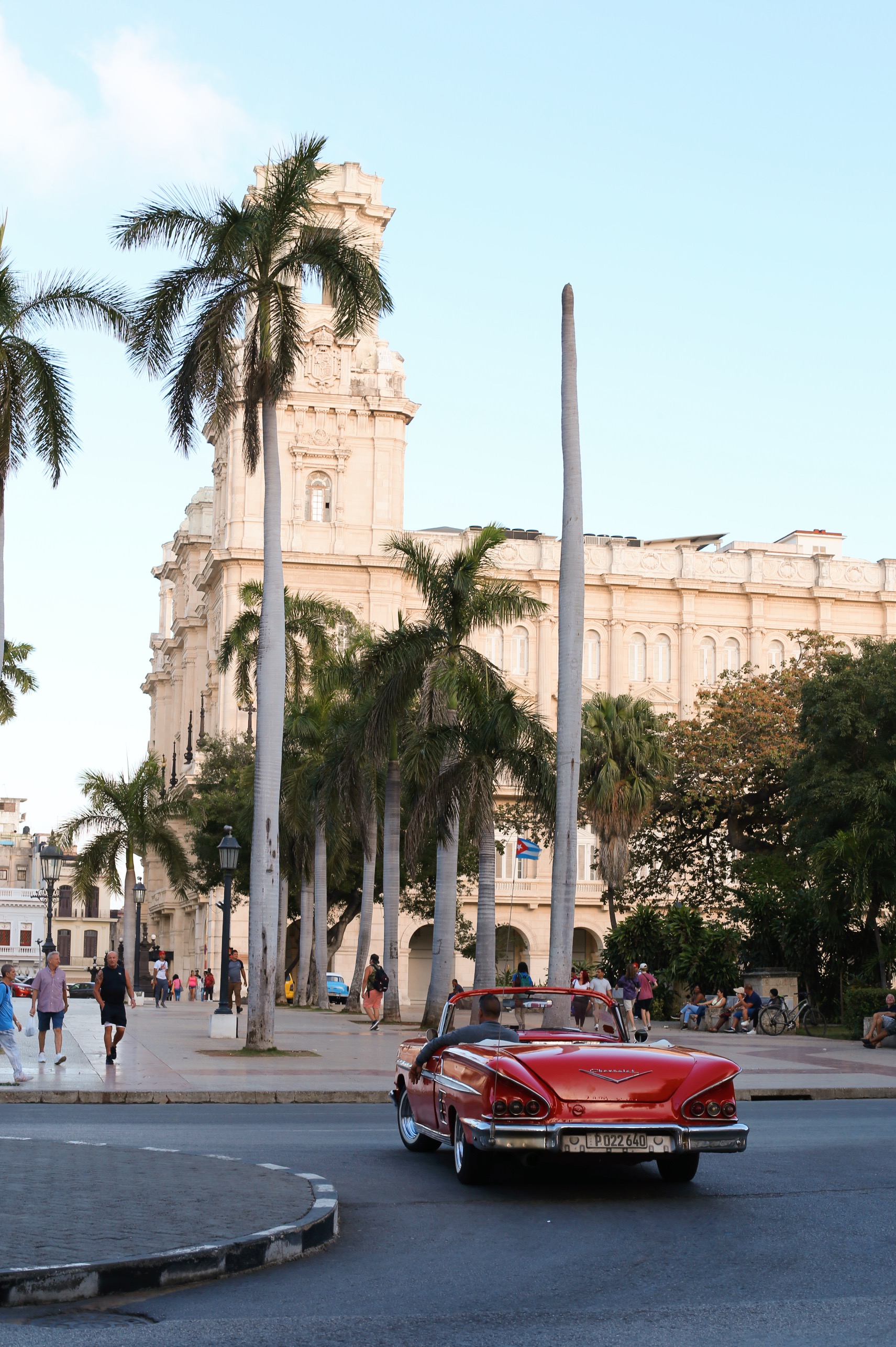
- Try the Local Food
Cuban cuisine is a mix of African, Spanish, and Caribbean influences. Don’t miss out on trying some of the local specialties like ropa vieja (shredded beef), moros y cristianos (rice and beans), and flan (custard dessert).

- Don’t Drink the Tap Water
The tap water in Cuba is not safe to drink. Stick to bottled water or bring a water purification system.
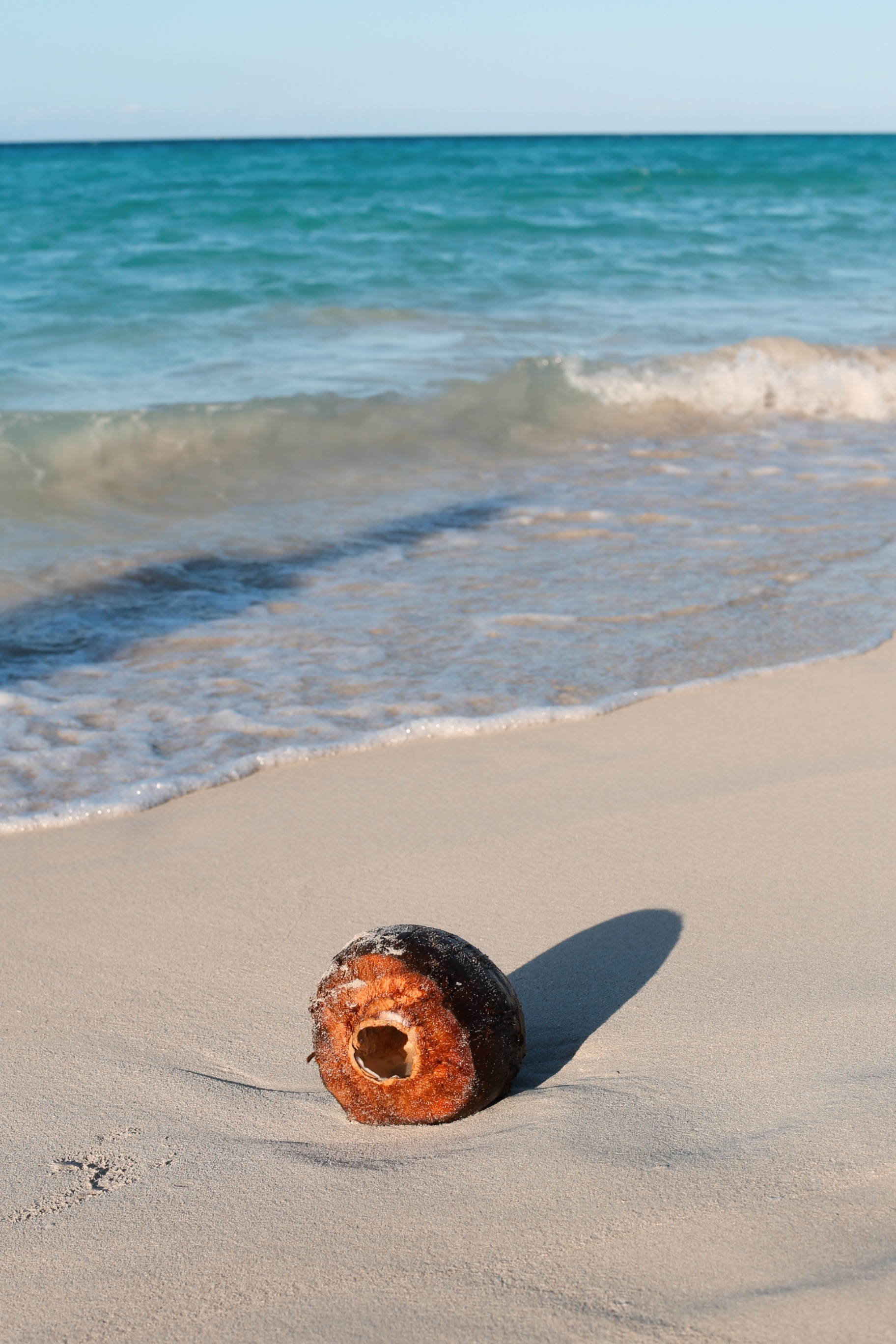
- Bring Your Own Toiletries & Medicines
Toiletries like shampoo, soap, and toothpaste as well as medicines can be hard to find in Cuba, so it’s best to bring your own.
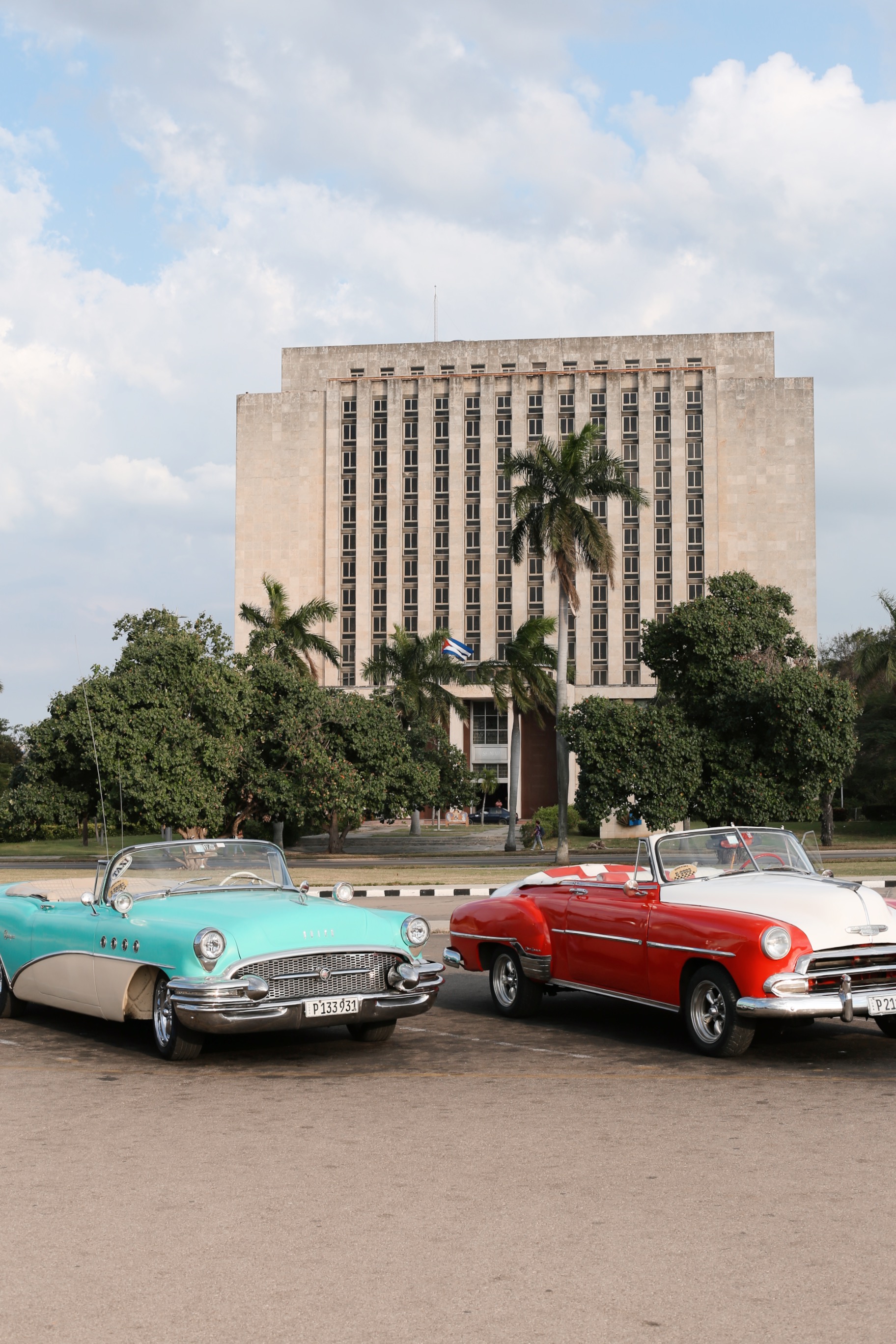
- Respect the Local Culture
Cubans are proud of their culture and history, so it’s important to respect it. Dress modestly, ask for permission before taking photos, and be respectful of local customs and traditions.
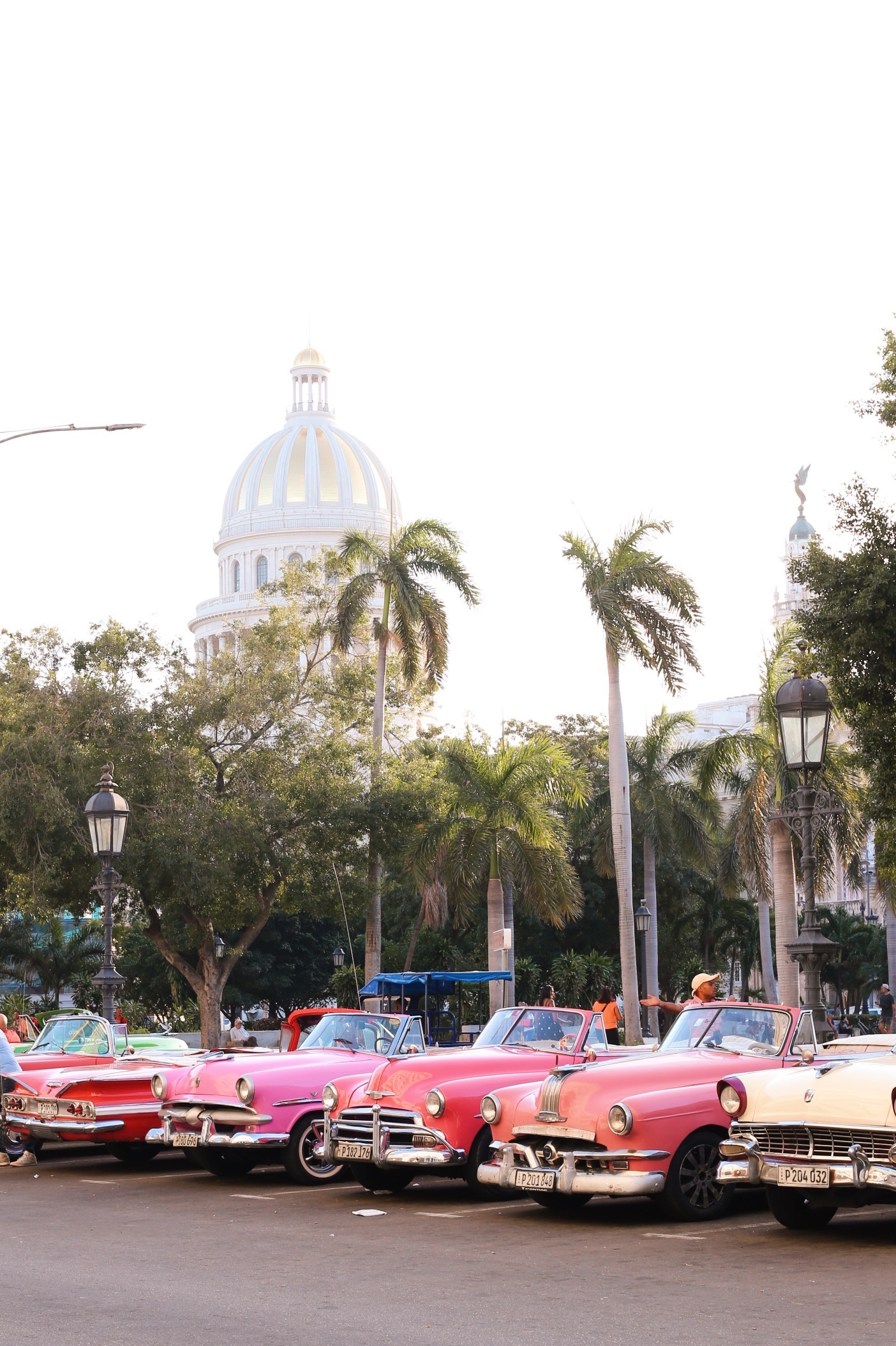
- Don’t Forget Travel Insurance
Travel insurance is always a good idea, but it’s especially important when traveling to Cuba. Medical care can be expensive, and some health insurance companies may not cover medical expenses in Cuba. If you are travelling from Austria, I would suggest to apply for a travel insurance here.
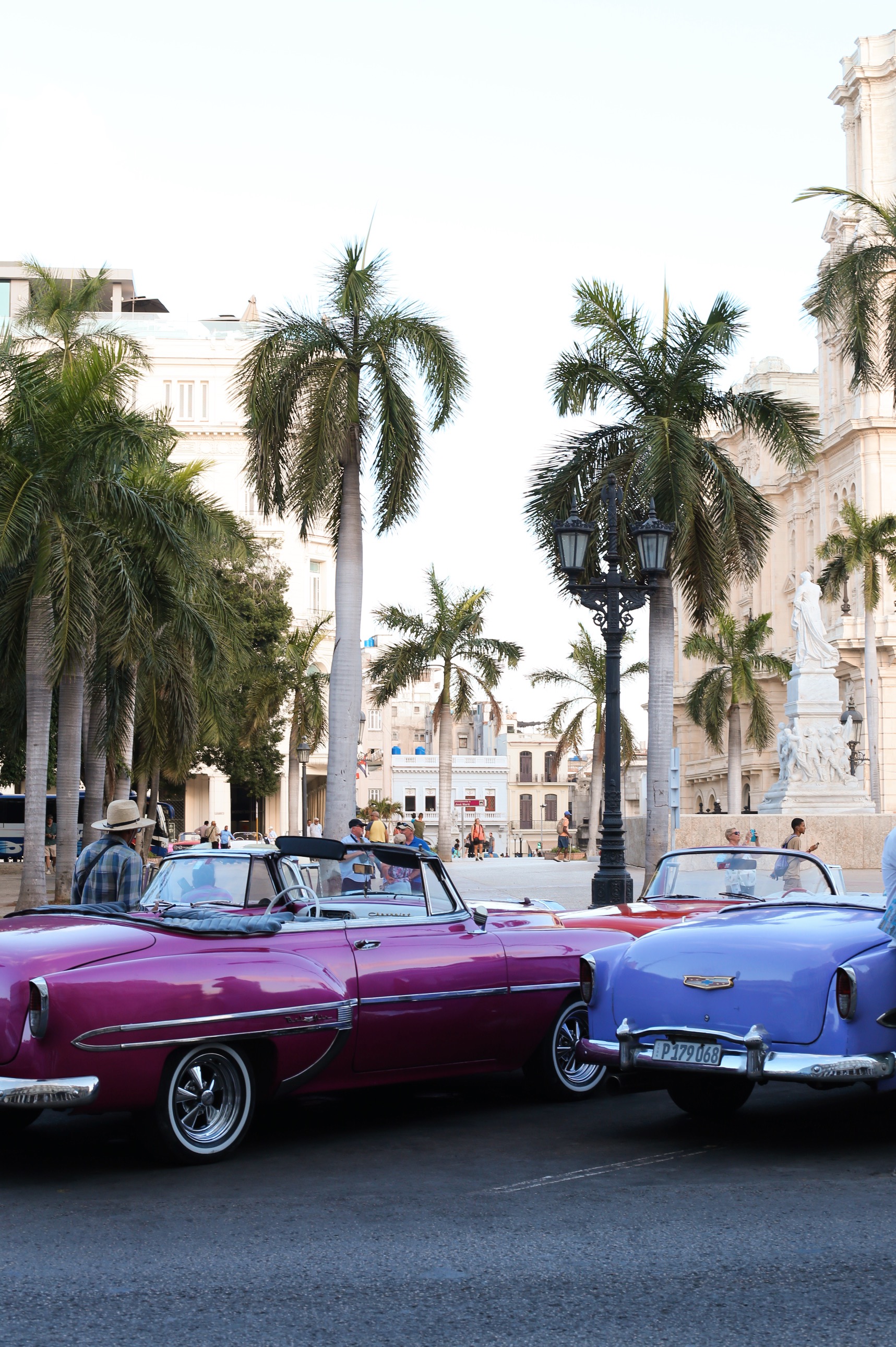
11. Donate clothes for adults, kids, medicines, and candies for the locals
If you’re planning a trip to Cuba and are interested in giving back to the local community, consider donating clothes, medicines, and candies to those in need. Cuba is a beautiful country with a rich culture, but it also faces economic challenges that can make it difficult for some families to access basic necessities.
When it comes to donating clothes, think about items that are practical for the Cuban climate and culture. Lightweight, breathable clothing like t-shirts, shorts, and dresses are ideal, as are shoes and sandals. Children’s clothes are always in high demand, so consider donating gently used items for kids of all ages.
Medicines are also greatly appreciated in Cuba, as the country’s healthcare system can be strained. Over-the-counter medications like pain relievers, antacids, and allergy medicine can be helpful, as can first aid supplies like bandages and gauze.
Finally, bringing candies and other sweets to share with locals can be a great way to connect with the community and brighten someone’s day. Just be sure to bring individually wrapped items, and avoid anything that might melt in the heat.
When traveling with donations, be sure to research any customs regulations and pack items securely. And when you arrive in Cuba, consider reaching out to local organizations or churches to find the best ways to distribute your donations in a responsible and respectful manner. By giving back to the community, you’ll not only be helping those in need, but also gaining a deeper understanding and appreciation for Cuban culture.
In conclusion, traveling to Cuba can be an unforgettable experience, but it’s important to be prepared and respectful of the local culture. By following these travel tips, you’ll have a great time exploring all that Cuba has to offer in 2023.
Photos (c) Disi Couture
Disclaimer: This is an unpaid blogpost.



